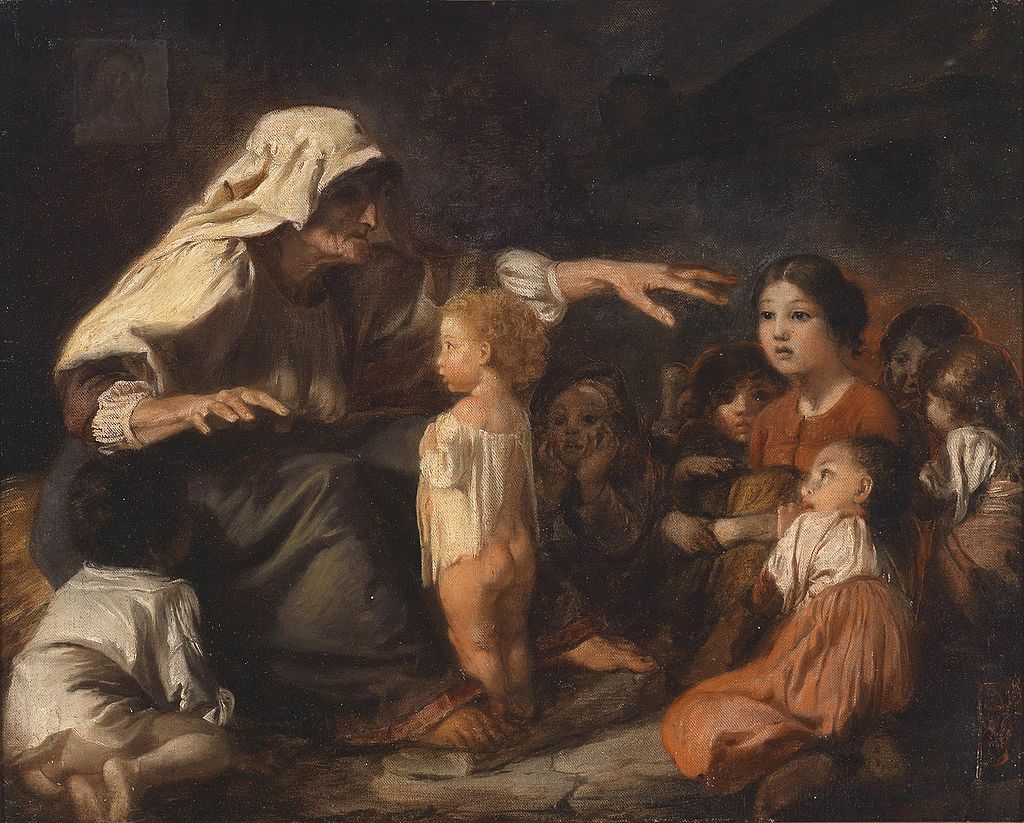Note: Now we reach part 3, my last rant (for now) about how Hollywood sometimes wrecks books/musicals when they’re adapted into movies. Herein lie spoilers for If I Stay. Parts 1 and 2 were about Harry Potter and Into the Woods.
If I Stay is such a beautiful, lyrical (but really sad) book that I was curious to see how that loveliness could be translated into film. For me, it didn’t work great, but there was one part that really wrecked it for me.
If you haven’t read If I Stay, let me begin by saying that though I thought it was a beautiful, compelling read, I don’t necessarily recommend it, particularly for an LDS audience. My recollection is that there was a fair amount of swearing, a little bit of drugs, and some sex (not exactly explicit, but definitely there).
It’s a story about a girl named Mia, who loves three things: her family, the cello, and a boy named Adam. Near the start of the book, she and her family are in a devastating car accident. The entire novel flips back and forth between flashbacks and her current out-of-body experience as she is being taken to the hospital, worked on there, etc. Her parents and brother all die in the accident. In the end, the central question of the novel is this: will she chose to live despite the pain, or will she let go?
The thing is, the whole book is about how much she loves her family, her cello, her Adam, but also about how amazing life is in general. It’s a tribute to life and love.
So where does the movie go wrong? Sadly, Hollywood generally doesn’t seem to believe that life in general is a good enough reason to, well, live. So the story has become more of a romance (don’t get me wrong, the book is totally a romance too, but the movie is more so). And nowhere is this more apparent than in the final scene.
In the book, Adam comes to her body in the hospital and puts some earphones on her head and plays her some of her favorite cello music. Then he takes the earphones off and starts to speak. In the movie he does the same, but the words are so different. (The following are not exact quotes, just the basic idea.)
Book: I know if you stay you are going to be in so much pain. But there is so much still to live for. You’ve got to live, for all of that. And if, when you wake up, you’re mad at me for convincing you to stay, I will do anything you want me to. If you want me to, I’ll go—if you stay. Just stay.
Movie: I know it’s gonna be horrible if you stay. But you’re my life. I’ll do anything for you, I’ll move to New York with you (this had been the subject of a huge fight). I’ll go wherever you want to go as long as we’re together.
Seriously? I mean, seriously? They missed the whole point!
In the book, Adam cared more about Mia living and having a life than he cared
about his own happiness. In the movie, it’s all about him. He then proceeds to
sing her a song he’s written, which is admittedly nice, but again it’s about
his needs, not hers. Ugh. It would have taken the film exactly another ten
seconds for Adam to say, “I’ll go if you want me to, as long as you stay.”
So, in case you’ve missed it, here’s what I think Hollywood
tends to miss: complexity, morality,
self-sacrifice, selflessness. I suppose I shouldn’t be surprised, and I
guess I’m really not. But that doesn’t make it any less disappointing. So
quick, tell me some movie adaptations that you think did a great job of
capturing nuance, morality, and all-around goodness (but without being
preachy). Ready, set, go!







